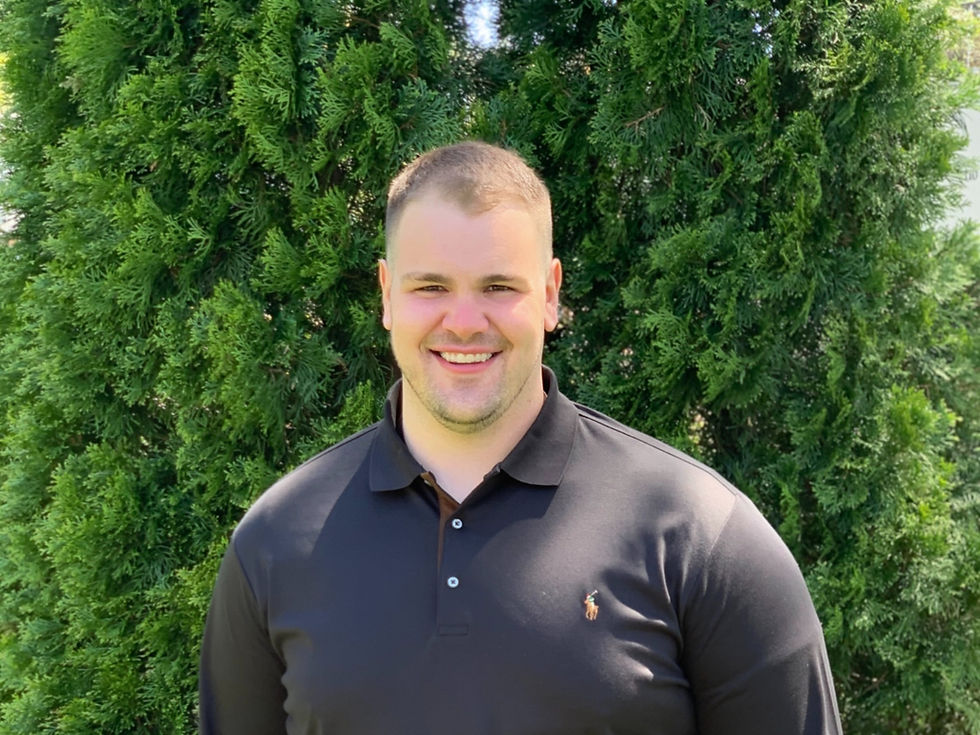3 Tips to Stay Mindful in the Information Age
- seanoconnorlmhc
- Sep 7, 2021
- 3 min read

It's not uncommon these days to hear individuals adamantly oppose the use of
cell phones, the internet and social media. The Information Age has supplied
humanity with methods of communicative and creative expression at a rapidly
developing rate, so much as to say that the typical "millennial" may even be
falling behind on how to use new apps and gadgets on today's devices.
There's no mystery that having information and the ability to contact virtually with
anyone on the planet within seconds has its advantages. But what is often
overlooked is just how detrimental the misuse of technology is for our happiness
and overall anxiety levels.
It's one thing to limit the amount of time we face on screen, but there's another
critical component to battling technology induced anxiety - what our minds are
subconsciously doing with the information.
Here are 3 ways you can increase happiness and lower anxiety through
managing the use of your devices and social media accounts.
1. Limit self comparison
As long as there are social media and internet, there will never be a shortage of
people seemingly living the dream: either through fake images or the selective
choice of what to share with their followers.
Regardless of whether or not you actually know an individual in person, your
mind is constantly making judgements about the validity of other people's lives
via photos and status updates.
For example, you may see an advertisement for a new phone on Facebook or an
amazing deal on a pair of shoes that look tantalizing enough to buy, but in reality
it's just another ploy by marketing companies to keep consumers coming back
until they finally make a purchase
2. Realistic daydreaming
Because our brains naturally enjoy receiving information about rewards, they
have a tendency to predict and fantasize about what an individual can do for
themselves in the future. While many of those visions are positive and optimistic,
it is not uncommon for anxiety to occur when daydreams become unrealistic.
When we constantly fixate on what's to come, it stops being fun and starts
making us nervous and stressed.
In addition, technology and social media are major contributors to our increasing
desire to only focus on the present moment. Even in cases where one is thinking
about a past event, their perspective most likely comes from an outside source
such as Facebook or Twitter.
3. Capture the moment with your brain first, phone second
Whenever you're about to enjoy a shared experience with someone else, your
brain is already envisioning what those photos will look like. This can lead to an
immediate sense of disappointment or regret if the photo isn't up to par (or if it
was taken at all).
The best way to avoid this feeling of remorse is by first taking the photo in your
mind, then actually take it with the camera. For a majority of people, the two are
equally satisfying and have minimal effect on one's overall happiness. But
evolutionary psychology and some 21st century Buddhist inspired definitions of
happiness show us that the key to true happiness lies in feelings of contentment
and gratitude, not constant "highs."
So before you reach for the phone to share your experience with others, try
simply experiencing the moment first. This way, the midline structures of the
brain that focus on where we are geographically and what we're taking in with the
5 senses can register the experience for you to draw from and add to a collection
of images and sensory information that battle feelings of emptiness.
A jaw dropping concert entrance by your favorite band, a sunset, a fireworks show, or
waking up to your balcony overlooking the ocean on vacation, are all best stored
in the mind mindfully at the moment they occur, not after a photo or video has
been captured.
Be mindful of the three points mentioned above and you'll hopefully notice a reduction in anxiety levels with a grounding mindset.
About the Author:
Sean O'Connor is a licensed mental health counselor (LMHC) at Peaceful Living Mental Health Counseling
Sean specializes in sports psychology and trauma informed counseling to helps adults and athletes overcome anger, depression, anxiety, PTSD and stress. He is licensed in New York and Florida and is available to take new clients.





Comments